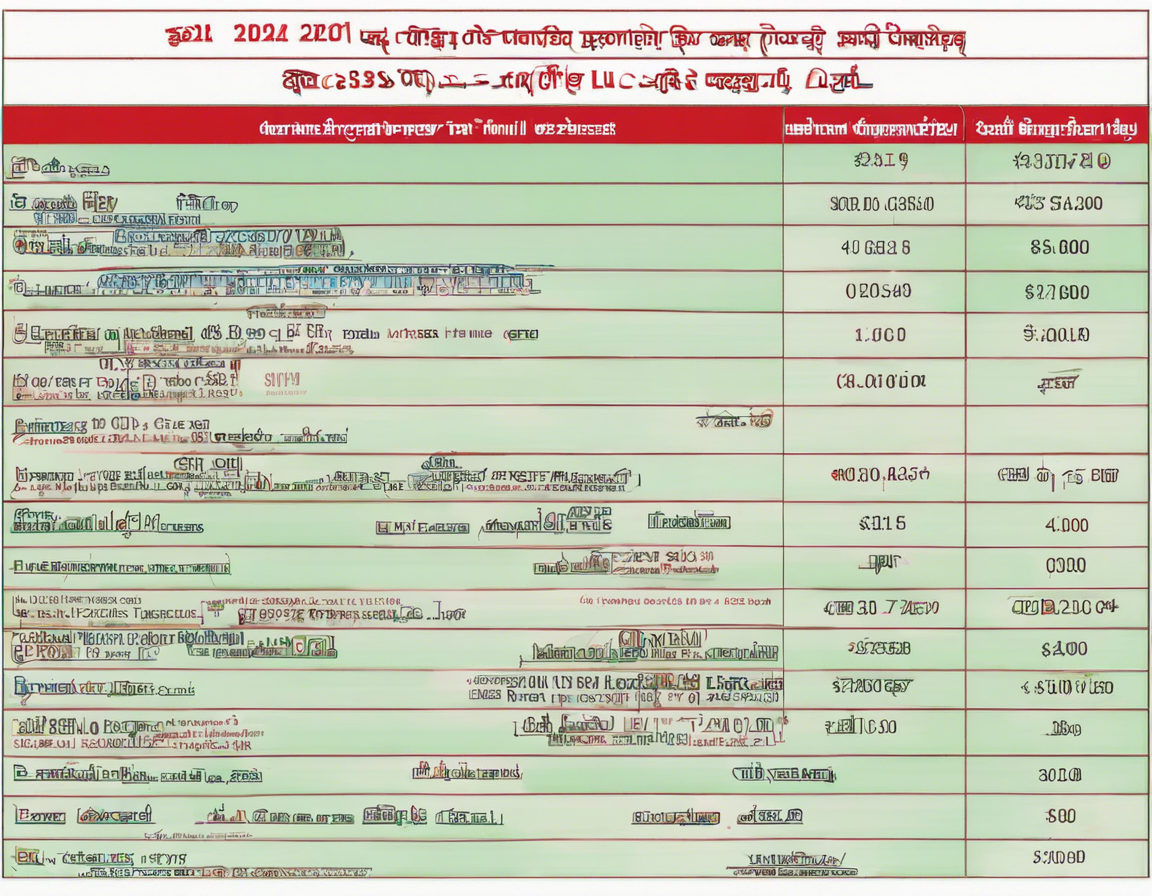Introduction: Aspiring to pursue higher education in a reputable university is a significant milestone in one's academic journey. For many students in
Introduction:
Aspiring to pursue higher education in a reputable university is a significant milestone in one’s academic journey. For many students in Bangladesh, the Chittagong University of Engineering and Technology (CUET) is a prestigious institution that offers quality education in various engineering disciplines. However, like any other university, it is essential to understand the fees and expenses associated with studying at CUET. In this comprehensive guide, we will delve into the CUET 2024 fees structure and provide insights on what aspiring students can expect in terms of expenses.
Understanding CUET Fees Structure:
Before embarking on your journey towards CUET, it is crucial to have a clear understanding of the fees structure. CUET fees comprise several components, including tuition fees, admission fees, semester fees, and other miscellaneous expenses. Let’s break down these components to give you a better insight into what to expect:
1. Tuition Fees:
The tuition fees at CUET vary depending on the program and level of study. For undergraduate programs, the tuition fees are usually lower compared to postgraduate programs. It is essential to check the official CUET website for the most updated information on tuition fees for different programs.
2. Admission Fees:
Upon securing admission to CUET, students are required to pay admission fees. This one-time fee covers the administrative costs associated with processing your admission application. The amount may vary each year, so it is recommended to check the official website for the latest updates.
3. Semester Fees:
CUET follows a semester-based system, whereby students are required to pay semester fees at the beginning of each semester. These fees cover various services provided by the university, including library access, laboratory usage, and other academic resources.
4. Examination Fees:
In addition to semester fees, students are also required to pay examination fees for each semester. These fees cover the costs associated with conducting examinations, invigilation, and grading of papers.
5. Other Miscellaneous Expenses:
Apart from the above-mentioned fees, students should also budget for other miscellaneous expenses, such as hostel fees (if residing on campus), transportation costs, textbooks, study materials, and personal expenses.
Scholarships and Financial Aid:
CUET offers various scholarship and financial aid programs to support students with exceptional academic performance or financial needs. It is advisable to explore these options and apply for scholarships to ease the financial burden of studying at CUET.
FAQs (Frequently Asked Questions):
Q1. What are the payment methods accepted for CUET fees?
A1. Payments for CUET fees can be made through bank drafts, online bank transfers, or in-person at the university’s designated payment counters.
Q2. Is there a provision for installment payments of fees at CUET?
A2. CUET generally requires full payment of semester fees at the beginning of each semester. However, students facing financial constraints may request special permission for installment payments on a case-by-case basis.
Q3. Are there any late fees for overdue payments of CUET fees?
A3. Students are advised to adhere to the deadline for fee payments to avoid any late fees. Late payment of fees may incur penalties as per the university’s regulations.
Q4. Can international students apply for scholarships at CUET?
A4. Yes, CUET offers scholarships for both domestic and international students based on merit and financial need. International students are encouraged to explore scholarship opportunities available at the university.
Q5. Are hostel fees included in the overall fees structure at CUET?
A5. Hostel fees are typically not included in the standard fees structure at CUET. Students opting to reside in university hostels will have to pay additional fees for accommodation and related facilities.
Conclusion:
In conclusion, understanding the CUET 2024 fees structure is essential for students planning to pursue their academic aspirations at Chittagong University of Engineering and Technology. By having a clear overview of the fees components, including tuition fees, admission fees, semester fees, and miscellaneous expenses, students can better prepare for the financial obligations associated with studying at CUET. Additionally, exploring scholarship and financial aid options can help alleviate the cost burden and make higher education more accessible to deserving students. Overall, with proper planning and financial preparedness, students can embark on a successful academic journey at CUET.


COMMENTS